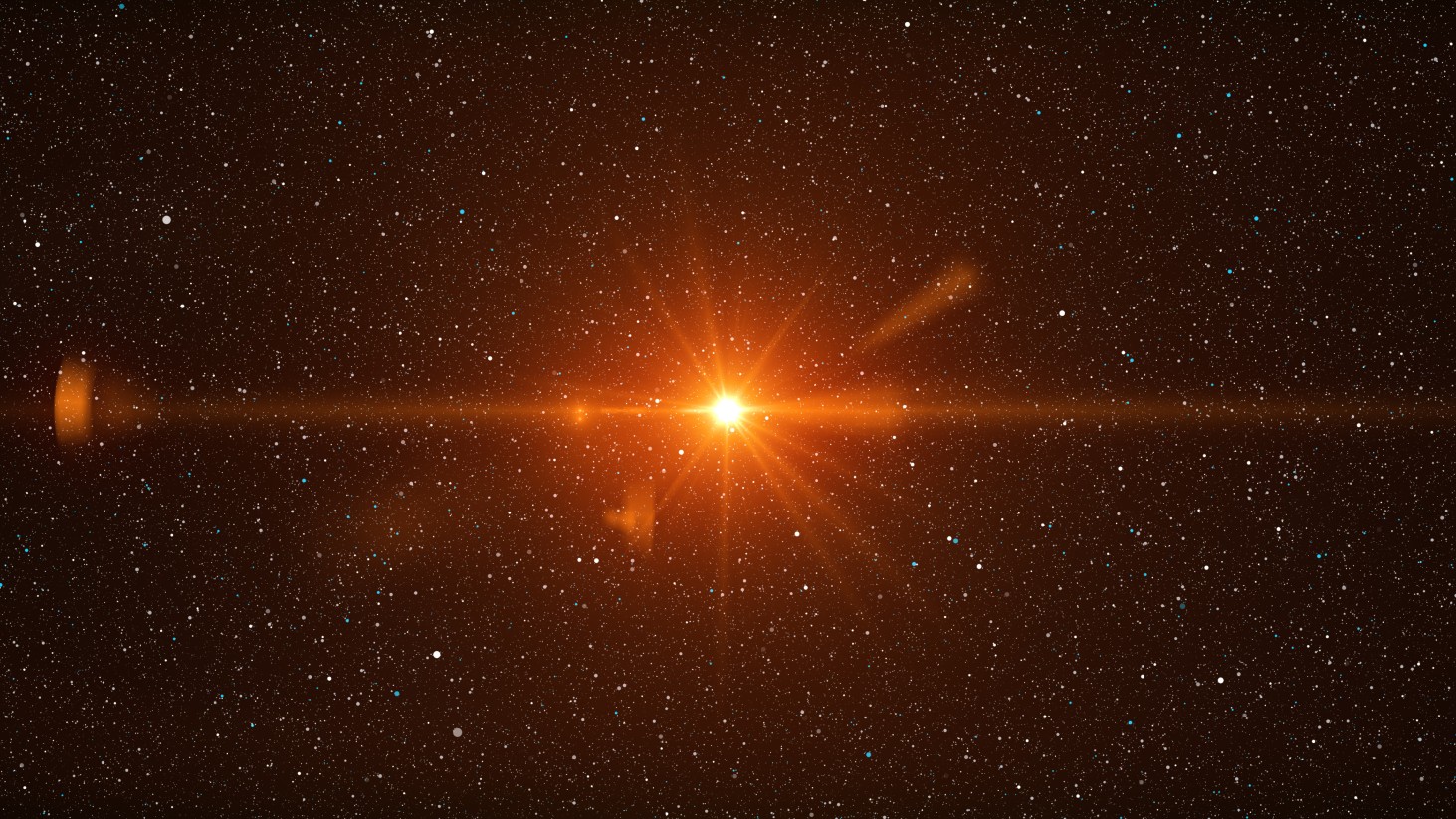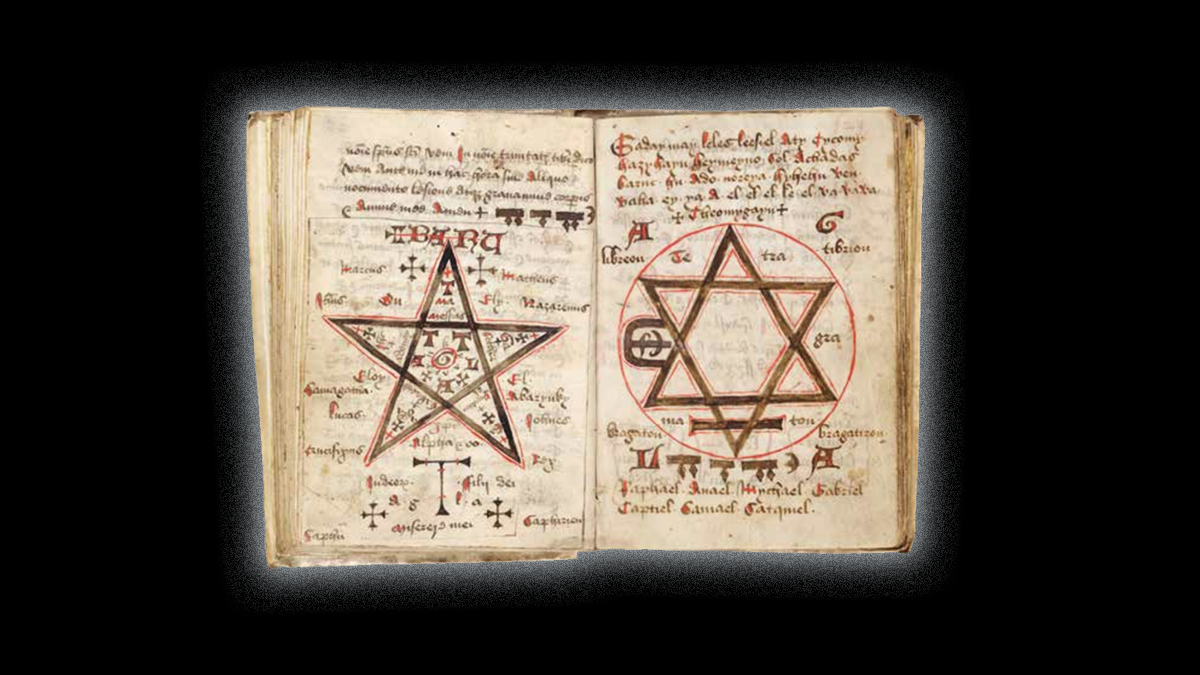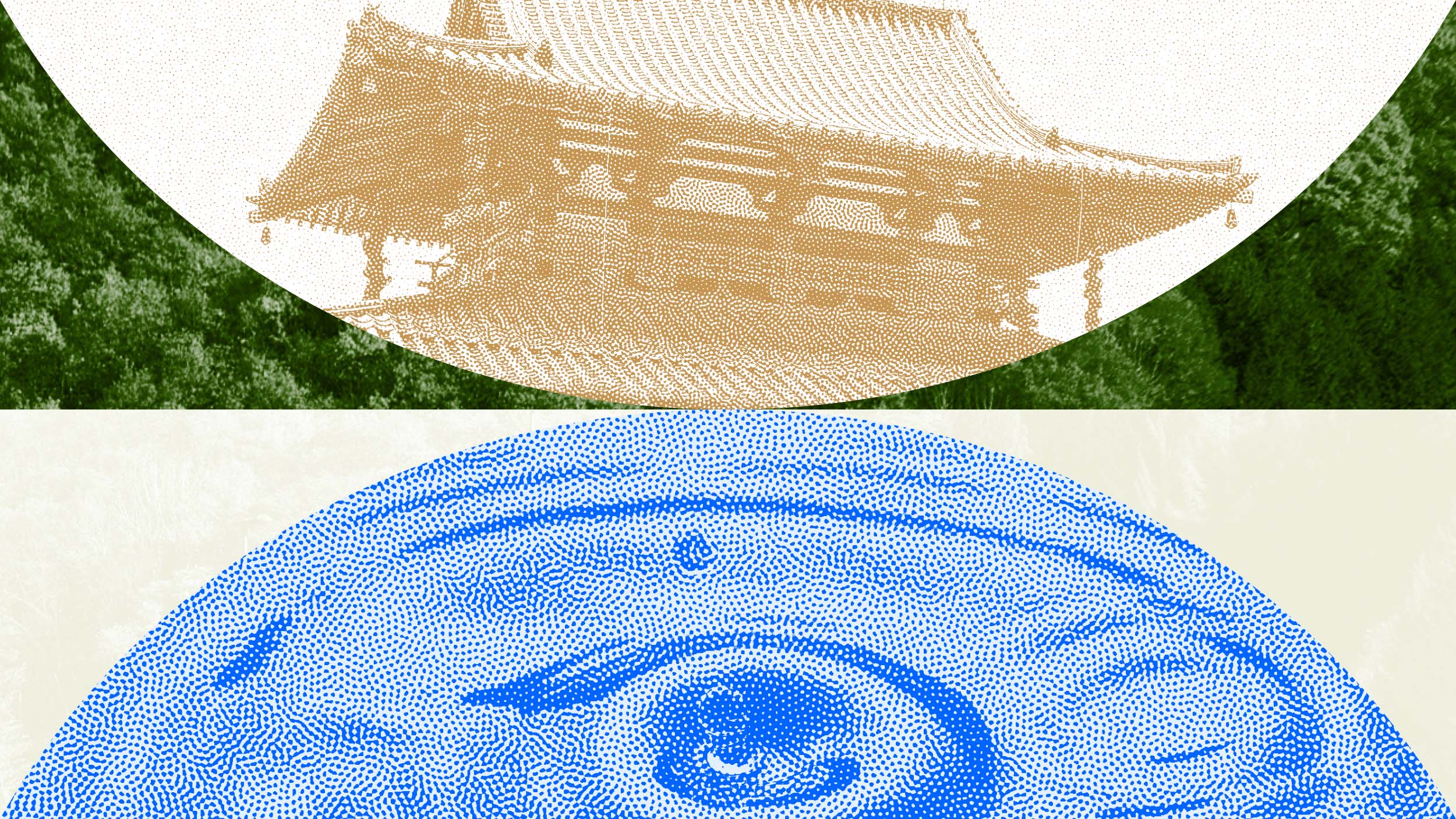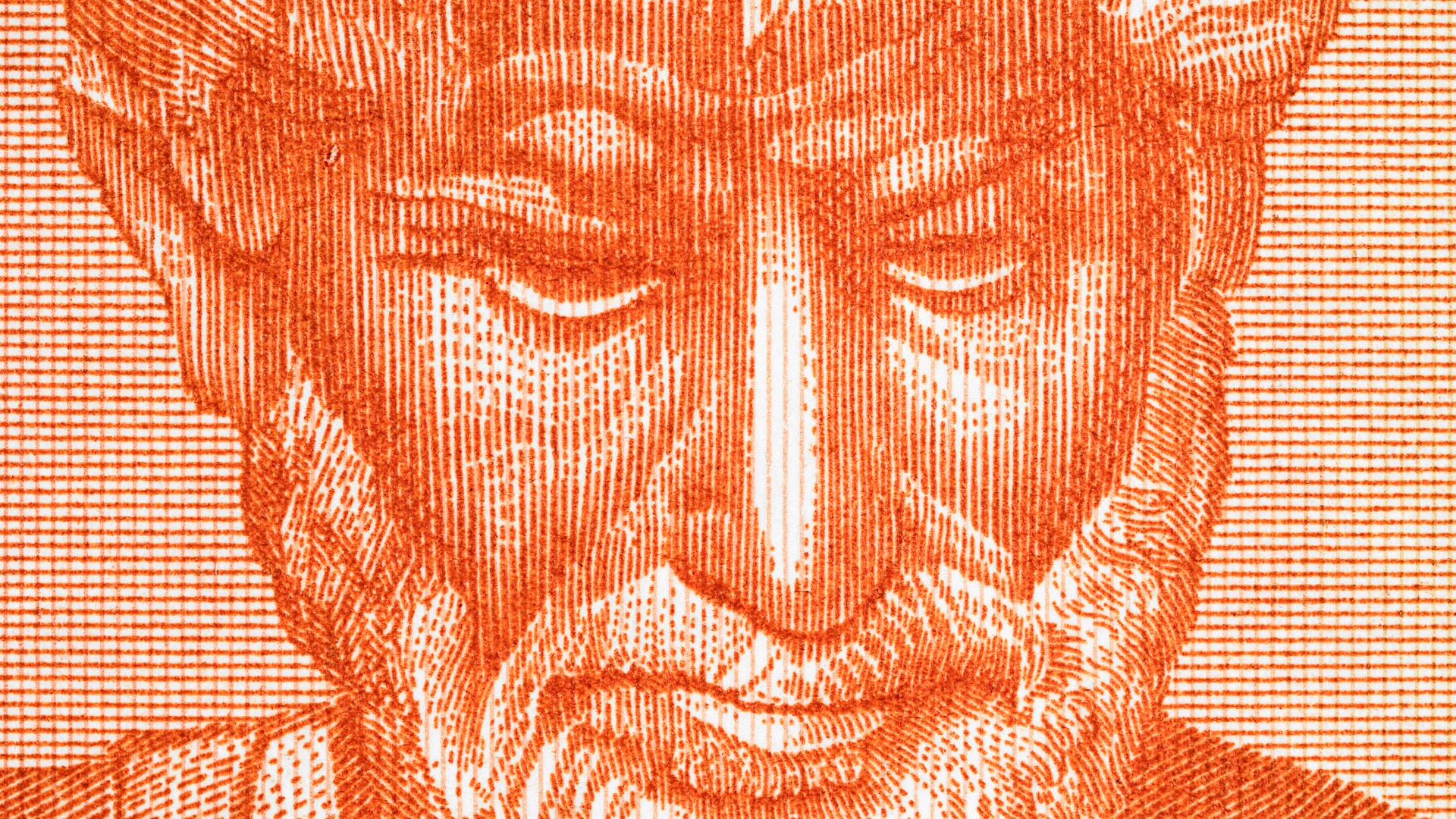Huxley vs. Wilberforce: What really happened at the 1860 Oxford evolution debate

- The debate between biologist Thomas Huxley and Bishop Samuel Wilberforce has become symbolic of the conflict between science and religion over evolution.
- Huxley had originally not planned to attend the lecture or even engage with Wilberforce, but a chance encounter convinced him otherwise.
- Though the details of the exchange are disputed, the result was a shift toward the growing authority of science.
According to one historian the “shot reverberated through England, and indeed through other countries.” In the words of another, more than a hundred years after the event, “no battle of the nineteenth century, save Waterloo, is better known.”
There are few moments in the history of science that have attracted more attention, or that are more symbolic of the conflict between science and religion over evolution. Yet historians have known for decades that there is no comprehensive and objective account of what transpired on that Saturday afternoon in June 1860 at the annual meeting of the British Association for the Advancement of Science. So, what really happened when Thomas Huxley debated Samuel Wilberforce? Has the tale merely grown in the telling?
The British Association’s meeting had been a movable feast since its inauguration in the early 1830s and, in keeping with its mission to evangelize across the British Isles, this “parliament of science” had not confined itself to the southeast of England. There had been meetings in Aberdeen, Cork, Swansea, Hull, and Newcastle. In 1860, however, the Association had returned to Oxford, where the section on zoology and botany had scheduled a lecture from John William Draper, an English-born chemist who was now a professor at New York University.
For his subject, Draper took “the Intellectual Development of Europe” and the “Progression of Organisms [as] determined by Law.” In doing so, he would address the arguments of the Origin from a platform in the Museum of Natural History, a magnificent new building on Parks Road which appeared to symbolize “Oxford’s concession to the claims of physical science”; it was only in the last few years, after all, that the university had established a degree in the natural sciences.
With a thousand people crowded onto the benches that carpenters had made specially for the occasion, Draper spoke from twelve o’clock on how progress “in civilization does not occur accidentally or in a fortuitous manner, but is determined by immutable law.” His audience listened “with the profoundest attention … no one stirred.” Perhaps the quietude stemmed from the heat of high summer; perhaps it was boredom, for Joseph Hooker complained about the droning of a “yankee donkey.” Or maybe it was nervous anticipation, since nobody was there for Draper’s lecture, but for the debate that was expected to follow.
Joining Draper on the platform was John Stevens Henslow, the botanist who had exerted a formative influence over Darwin at Cambridge, and from one o’clock he moderated a discussion on the merits of developmental theory. He took interventions from a fellow botanist, a surgeon, and a Mr. Dingle, whom the audience shouted down abruptly. Then he turned to Samuel Wilberforce, the Bishop of Oxford, whose powerful speeches in the House of Lords had earned him a reputation as one of the leading orators in the country; in less flattering terms, he was also known as “Soapy Sam,” a nickname he owed to Disraeli’s barb that he was “unctuous, oleaginous, [and] saponaceous.”
In the weeks before the Oxford meeting, Wilberforce had reviewed On the Origin of Species for John Murray’s Quarterly, and in those pages the bishop had found “much and grave fault.” Though he praised the Origin as “most readable” and sparkling “with the colours of fancy and the lights of imagination,” Wilberforce decried its “dishonouring view of nature” and lamented that Darwin ‘“should have wandered from [the] broad highway of nature’s works into the jungle of fanciful assumption.” Now, at Oxford, his audience awaited the eruption of an “open clash between Science and the Church.” What would the bishop say?
In the most detailed report, Wilberforce sought to undercut Darwin by insisting, like Cuvier, on the fixity of species. “The permanence of specific forms,” he said, “was a fact confirmed by all observation. The remains of animals, plants, and man found in … the Egyptian catacombs, all spoke of their identity with existing forms of … an unalterable character.”
In light of this evidence, Wilberforce could conclude only that there was no Lamarckian transmutation, and no adaptation by means of natural selection: “The line between man and the lower animals was distinct. There was no tendency on the part of the lower animals to become the self-conscious intelligent being, man; or in man to degenerate and lose the high characteristics of his mind and intelligence.”
So far, so predictable, but then Wilberforce turned to the other occupants of the platform and to Thomas Huxley, of whom he begged to know: “Was it through his grandfather or his grandmother that he claimed his descent from a monkey?” The audience roared in laughter, the clergymen cheered their hero, and ladies waved their handkerchiefs in acclamation.
“If the question is put to me, would I rather have a miserable ape for a grandfather or a man highly endowed by nature and possessed of great means and influence, and yet who employs these faculties for the mere purpose of introducing ridicule into a grave scientific discussion – I unhesitatingly affirm my preference for the ape.”
Thomas Huxley
Huxley had not wanted to attend Draper’s lecture, nor to engage the bishop. He had spoken the day before on pyrosomes, the luminescent plankton that he had seen “shining like white-hot cylinders in the water” around the Rattlesnake. And in the expectation that Wilberforce would merely “appeal to prejudice” in attacking Darwin, he had planned to leave Oxford on the Saturday morning. It was only a chance meeting with Robert Chambers, the author of the Vestiges begging Huxley “not to desert them,” that gave him pause to reconsider.
And Huxley did hesitate. The previous year, he had vowed to abstain “from petty personal controversies,” but he had also resolved “[t]o smite all humbugs, however big.” Thus was he in the museum, listening to Wilberforce’s question about the monkeys, when he decided that the bishop’s insolence deserved “the severest retort [he] could devise.” Turning to the chemist Benjamin Brodie, who was sitting beside him, he whispered: “The Lord hath delivered him into my hands.”
The crowd now waited, the museum in silence, as Huxley rose to speak. “If the question is put to me,” he declared, “would I rather have a miserable ape for a grandfather or a man highly endowed by nature and possessed of great means and influence, and yet who employs these faculties for the mere purpose of introducing ridicule into a grave scientific discussion – I unhesitatingly affirm my preference for the ape.”
There is some disagreement over the precise words that were used, and there has even been the suggestion that it was Hooker, not Huxley, who delivered the most withering response to Wilberforce, but the sensation was real. As the bishop and the bulldog sparred on the stage, they engrossed — and scandalized — their audience: “The battle waxed hot,” Darwin learned, and “Lady Brewster fainted.”
On the next day the churchman Frederick Temple, who had succeeded Thomas Arnold as headmaster of Rugby School, preached a sermon before the university on “the present relations of science to religion.” In the wake of Saturday’s fireworks, it was in some respects a declaration of victory.
“There was a time,” he said, “when … if there were ever an appearance of collision [between science and religion], science was required to give place. That time ceased with Galileo, and can never return.” The religious man, moreover, no longer had any right “to refuse to accept what he finds in the one than what he finds in the other” and so, “whenever … there is a collision between them, the dispute becomes simply a question of evidence.”
Turning to specific examples, Temple took up geology, which had “already altered our conception of a great part of the Book of Genesis.” And though he denied that religion and science were foes, arguing for “the harmony between [the Bible and nature] in character,” Temple suggested that it was men such as Huxley, not Wilberforce, who might take the future with them: “The student of science,” he declared, “knows that the most unlettered peasant can penetrate to the true reality of all things as surely as the wisest philosopher.”
The son of a penniless teacher, born above a butcher’s shop, had bested a bishop, the son of a national hero; the weight of authority was shifting.





